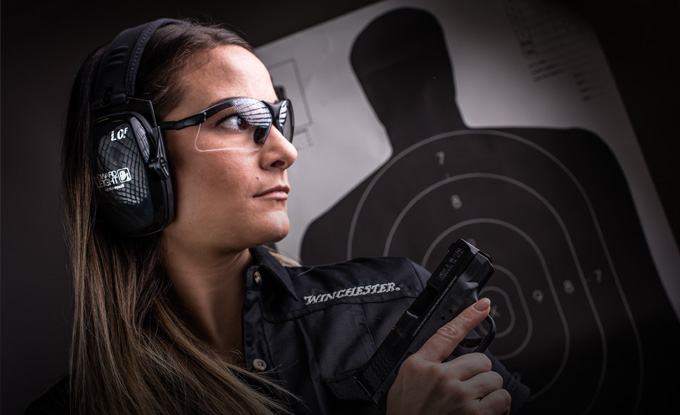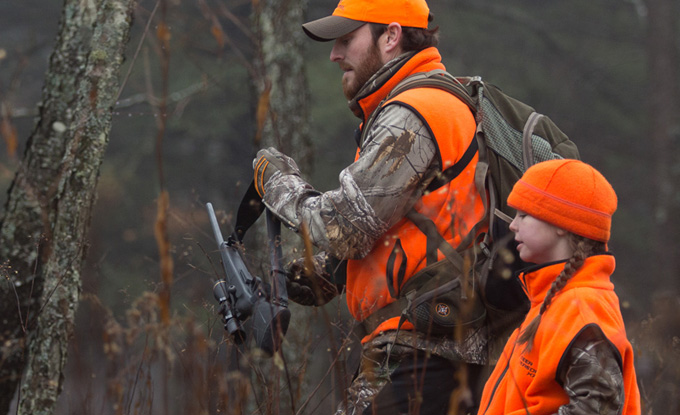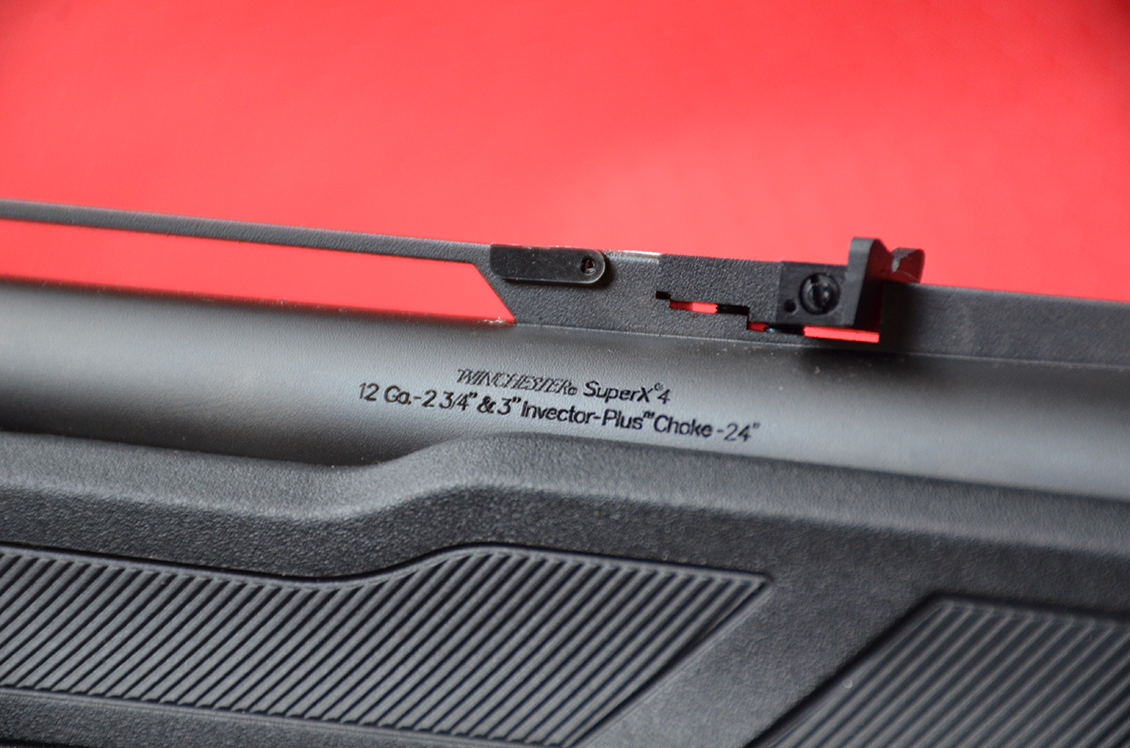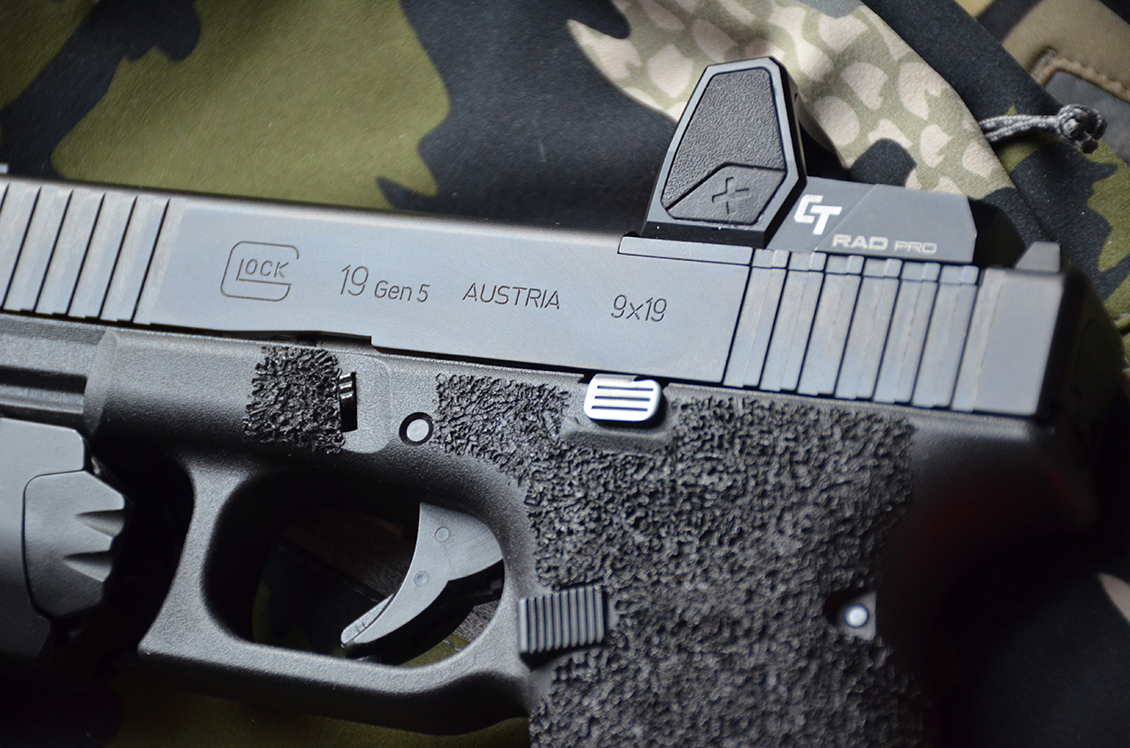What Ammo do I Buy for My Firearm?
If you are one of the mentors helping millions of first-time firearm owners learn about firearms and ammunition, or one of those new to gun ownership, here are some facts every gun owner should know when making choices in ammunition.

How do you know what to buy?
When buying ammo, the first step is to look at your firearm. Modern firearms have the make, model, caliber, and serial number stamped on them.
When buying ammo, you want to start with the caliber, which is based on the diameter of the firearm's barrel. You can only use the ammo your gun is designed to take. This is not a place to make a guess or make assumptions. So if you are not sure, ask for help from someone qualified.
Why does knowing the caliber matter?
Knowing what caliber your firearm is matters because it determines the ammo you use. There can be small differences in the way the caliber is stamped - for example, 9mm can be stamped as 9mm Luger, 9x19…these are the same thing. However, in other calibers (like 38 Special) there can be different listings that look similar, such as +P ammo, which means more power. If your firearm is not designed for +P ammo, you CANNOT shoot +P through it.
When in doubt, seek out qualified help!
Choosing the correct ammo is the place to lay aside any ego! Have some patience and ask for help. Treat it like buying a new car - you don’t get in the first time and know what transmission fluid or oil it takes. You have to look at the manual or consult with someone who can help you find the correct information if you can’t find out yourself with 100% certainty.
Where to find the gauge/caliber:
- Shotguns: look on the barrel
- MSRs (AR platform rifle) - look for the caliber stamped on the barrel.
- Pistols - you can often find the caliber stamped on the top of the barrel, side of the barrel, or on the slide. Aftermarket barrels and slides might have the stamping in different locations from factory markings. So if in doubt, ask someone with more experience for help.
I can’t find the caliber, what next?
Call your local gun shop, or FFL or your local range. Ask if there is a good time to come in and bring your firearm to ask for help. If you have a friend or family member who is experienced with guns, you could probably ask them for help too. However if you don’t have absolute certainty, seek out qualified guidance. If you can’t bring your firearm with you, take a photo of the stamped caliber information on your gun so that you can ask for help based on that.
Does ammo have an expiration date?
As long as your ammo is stored in a cool, dry place without a lot of fluctuating temperatures, it will have a long shelf life.
Never use ammo that has been underwater (eg., you drop a round duck hunting in the drink or bottom of a wet boat). This can cause a misfire or hangfire and create a dangerous situation.
It is a good habit to replace ammo for your concealed carry forearm at least every year. And, inspect magazines frequently. Lint or other debris can lodge inside a magazine carried in a mag pouch day after day.
Awareness and Asking Questions
As a new firearm owner, your awareness that you do not know everything and will have questions and being willing to ask them is important. Ask all the questions you can think of. Ask if there are other questions that you should be asking. Once questions are answered and concepts learned, you will realize there is still more information to master. Go confidently into this experience knowing the community of people in the firearm’s world wants you to be here and wants you to experience the enjoyment here safely! Learning about guns and gun safety is super-fun!






